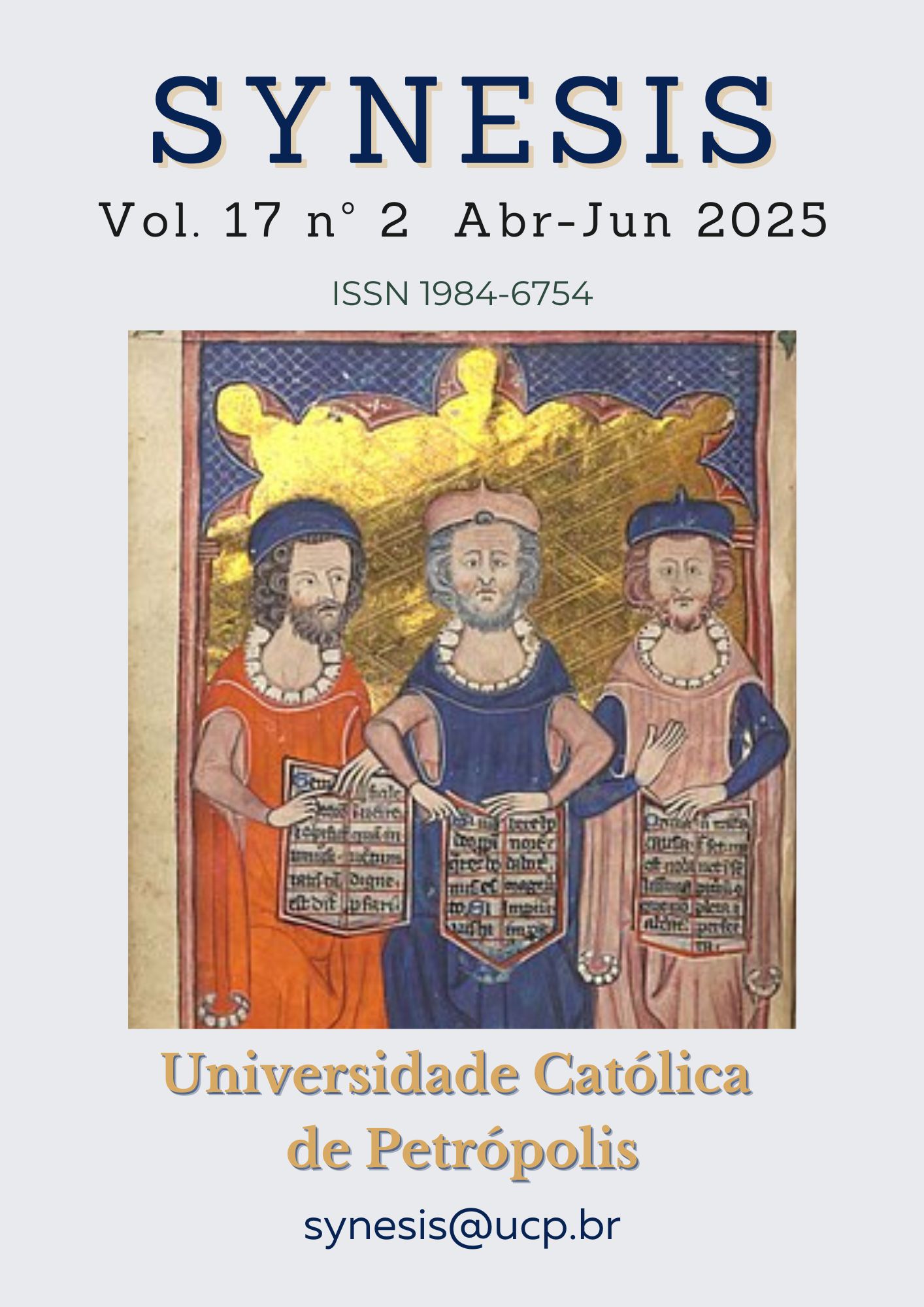Resumo
Este artigo examina o projeto Atena Negra de Martin Bernal e seu desafio ao tradicional "Modelo Ariano" de origens gregas. Bernal postula que as influências afro-asiáticas (egípcias e levantinas) desempenharam um papel fundamental no desenvolvimento da língua, mitologia e filosofia gregas. Baseando-se em evidências linguísticas, arqueológicas e mitológicas, Bernal argumenta que os estudos clássicos modernos foram moldados por ideologias coloniais eurocêntricas que deliberadamente apagaram contribuições não europeias à civilização grega. Este estudo avalia os argumentos centrais de Atena Negra, as principais críticas dos campos da filologia, história e arqueologia, e as implicações ideológicas e metodológicas mais amplas para a historiografia e os estudos pós-coloniais.
Referências
Assmann, J. (2001). The Search for God in Ancient Egypt. Cornell University Press.
Assmann, J. (2002). The Mind of Egypt: History and Meaning in the Time of the Pharaohs. Harvard University Press.
Bernal, M. (1987). Black Athena: The Afroasiatic Roots of Classical Civilization, Volume 1. Rutgers University Press.
Boardman, J. (1999). The Greeks Overseas: Their Early Colonies and Trade. Thames & Hudson.
Burkert, W. (1972). Lore and Science in Ancient Pythagoreanism. Harvard University Press.
Clackson, J. (2007). Indo-European Linguistics: An Introduction. Cambridge University Press.
Cline, E. (2014). 1177 B.C.: The Year Civilization Collapsed. Princeton University Press.
Evans, A. (1930). The Palace of Minos. Macmillan.
Kristeller, P. O. (1995). Comment on Black Athena. In M. Lefkowitz & G. Rogers (Eds.), Black Athena Revisited (pp. 126-127). University of North Carolina Press.
Lefkowitz, M. (1996). Not Out of Africa: How Afrocentrism Became an Excuse to Teach Myth as History. Basic Books.
Mallory, J. P. (1989). In Search of the Indo-Europeans: Language, Archaeology and Myth. Thames & Hudson.
Marchand, S., & Grafton, A. (1997). Martin Bernal and His Critics. Arion: A Journal of Humanities and the Classics, 5(2), 1-35.
Morris, I. (2010). Why the West Rules—for Now: The Patterns of History, and What They Reveal About the Future. Farrar, Straus and Giroux.
Morris, S. (1992). Daidalos and the Origins of Greek Art. Princeton University Press.
Palter, R. (1993). Black Athena, Afrocentrism, and the History of Science. History of Science, 31(3), 227-287.
Plutarch. (1936). De Iside et Osiride. In F.C. Babbitt (Ed.), Moralia, Vol. V (pp. 6-191). Harvard University Press.
Plutarch. (n.d.). De Iside et Osiride. Ray, J. (2007). The Rosetta Stone and the Rebirth of Ancient Egypt. Harvard University Press.
Pounder, R. L. (1992). Black Athena 2: History Without Rules. The American Historical Review, 97(2), 461-464.
Rashidi, R. (1993). Introduction to the study of African classical civilizations. Atlanta, GA: Institute of Karmic Guidance.
Rodney, W. (1972). How Europe Underdeveloped Africa. Howard University Press.
Schmandt-Besserat, D. (1992). Before Writing, Vol. 1: From Counting to Cuneiform. University of Texas Press.
Walker, R. (2006). When We Ruled: The Ancient and Mediaeval History of Black Civilisations. Black Classic Press.
Whitley, J. (2001). The Archaeology of Ancient Greece. Cambridge University Press.
Wilamowitz-Moellendorff, U. von (1982). History of Classical Scholarship. Johns Hopkins University Press.

Este trabalho está licenciado sob uma licença Creative Commons Attribution-NonCommercial-NoDerivatives 4.0 International License.
Copyright (c) 2025 Synesis (ISSN 1984-6754)

